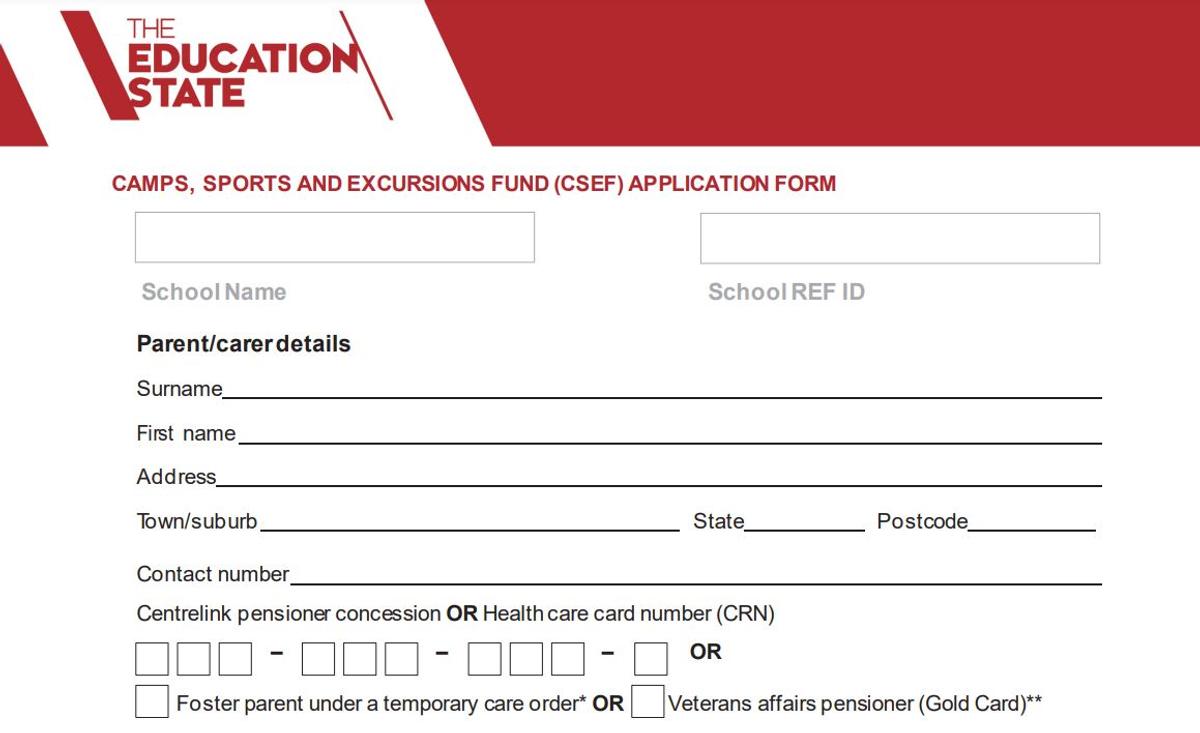Deputy Principal's Report

Emotional Literacy
Dear Parents,
In our rapidly changing world, emotional literacy has become an essential skill for children to master. It allows them to understand and articulate their emotions, fostering better communication and problem-solving abilities. As adults, our role is crucial in guiding them through this learning process.
Understanding Emotional Literacy
Emotional literacy is the ability to recognise, understand, and express emotions effectively. It is the cornerstone of developing empathy, forming healthy relationships, and navigating the complexities of life. When children can communicate their feelings, they are less likely to resort to frustration or behavioural issues.
Teaching Emotional Literacy
Model Emotional Expression: Demonstrate how to express emotions by sharing your feelings appropriately. Use statements like, "I feel happy because..." or "I am upset because...". This shows children that it is okay to have and talk about their emotions.
Use a Feelings Chart: Create a chart with different emotions and corresponding faces. Encourage your child to point to how they feel. This visual aid can help younger children who may struggle with verbalising their emotions.
Storytelling: Read books that explore various emotions and discuss the characters' feelings and reactions. Ask questions like, "How do you think they felt?" and "What would you do in that situation?"
Encourage Open Dialogue: Foster an environment where your child feels safe to express their emotions without fear of judgment. Listen actively and validate their feelings, even if you do not fully understand them.
Using Emotional Literacy to Problem Solve
Teaching children problem-solving techniques is vital for their emotional and cognitive development. Here are some effective methods:
- Identify the Problem: Help your child define the problem clearly. Sometimes, breaking down the issue into smaller, more manageable parts can make it less overwhelming.
- Brainstorm Solutions: Encourage your child to think of multiple solutions. No idea is too silly—creativity often leads to the best answers
- Evaluate Options: Discuss the pros and cons of each solution. This helps your child develop critical thinking skills and understand the potential outcomes of their choices.
- Choose a Solution: Guide your child to select the best option and create a plan to implement it. Support them in taking the first steps and provide reassurance as needed.
- Reflect and Adjust: After attempting a solution, discuss what worked and what did not. This reflection helps your child learn from the experience and adjust their approach in the future.
Managing "The Catastrophe"
Sometimes, children can feel overwhelmed by their emotions or problems, leading to what we call "the catastrophe." They may not have the language or skills to convey what they are experiencing, resulting in frustration and meltdown.
If this happens it is important to stay calm, acknowledge their feelings and offer comfort or space if the need it.
Once they are calmer, help them put their feelings into words. You might say, "It looks like you're feeling really frustrated because..."
Later, when everyone is calm, discuss the incident. Help them understand what triggered their feelings and how they can better handle similar situations in the future.
By nurturing emotional literacy and problem-solving skills, you equip your children with the tools they need to navigate life's challenges. Your support and guidance are invaluable in helping them grow into emotionally intelligent and resilient individuals.
NCCD and Adjustments for Learning
We are coming up to the time of year where we check in on how all our students are tracking with their learning. This is done in multiple ways, including collcting assessment and data in literacy and numeracy. Some of our students require extra support for many differnet reasons. In some instances these students may receive funding if they require adjustments for their learning. You can find out more information on the flyer below or please reach out if you have any questions about it.
Camp, Sports & Excursion Financial Assistance
Please find attached a form to apply for assistance from the Camp, Sports and Excursion Fund (CSEF). Eligibility requirements are attached as well. It is available for Parents who hold a Centrelink Health Care Card and have a CRN number. Once it is completed please return it to Libby in the office before the 23rd May, 2024.
Thanks for all your support,
Peggy McDonald & Steele Anderson
Deputy Principals


